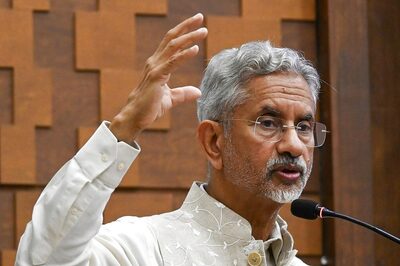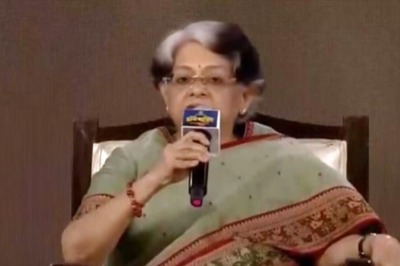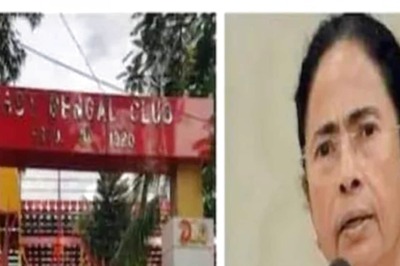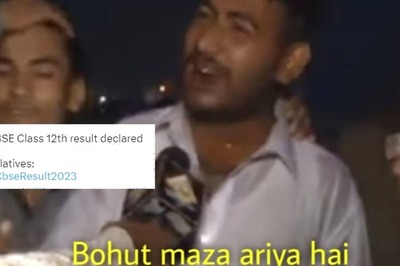
views
Credit card default rose to Rs 4,072 crore or 1.94 per cent at the end of March 2023, Parliament was informed on Tuesday. Gross non-performing assets in credit cards have declined from 3.56 per cent in March 2021 to 1.91 per cent in March 2022, and stand at 1.94 per cent in March 2023 against the schedule commercial banks’ GNPA of 3.87 per cent in March 2023.
“As per the inputs received from RBI, in respect of defaults in credit cards, the gross non-performing assets (GNPAs) in credit cards was Rs 3,122 crore in March-2022 and Rs 4,072 crore in March-2023, while credit card outstanding in March-2022 and March-2023 was Rs 1.64 lakh crore and Rs 2.10 lakh crore, respectively,” news agency PTI quoted Minister of State for Finance Bhagwat Karad, as saying in a written reply in Rajya Sabha.
Also Read: From Good Credit Score To Great Deals: 5 Benefits Of Using A Credit Card
Replying to another question, Karad said, the total number of frauds as reported by the cooperative banks during FY23 was 964 with amount involved to the tune of Rs 791.40 crore.
During FY22, the total number of fraud was 729 and the amount involved was Rs 536.59 crore as against 438 frauds involving Rs 1,985.79 crore in FY21, he said.
All cooperative banks are required to comply with the guidelines issued by the Reserve Bank of India (RBI) from time to time, he said.
Compliance to RBI guidelines issued to banks is examined on sample basis during the supervisory assessment of the banks and any non-compliance observed is taken up with the banks for rectification apart from initiating supervisory/ enforcement action against the bank, as deemed fit, he said.
RBI and NABARD have informed that they undertake measures for strengthening fraud risk management in banks, including issuing caution advises, advising banks for rotation and mandatory leave of staff, compliance monitoring, cyber security advisories, etc., he said.
In a separate reply, Karad said, as per inputs received from public sector banks, several steps have been taken to ensure ethical debt collection practices.
Banks conduct auction of the properties through online portals, as per their board approved policy framed under the guidance of fair practices code issued by Reserve Bank of India, and applicable laws and regulations of the SARFAESI Act, 2002, he said.
Banks also issue public auction notices of properties in two newspapers, i.e. in English as well as in vernacular local language, he said.
Further, he said, multiple valuations are obtained from empanelled/registered valuers to calculate reserve price of auction and the same is fixed with the approval of competent authority.
Besides, he said, RBI as part of its supervisory assessment, reviews adherence to its guidelines, and non-compliance observed are taken-up with banks for rectification apart from initiating supervisory/enforcement action, as deemed fit.
Credit card defaults can occur due to a variety of reasons, which may be individual or systemic in nature.
Some of the common reasons for credit card defaults include:
Loss of income: This is the most common reason for credit card default. When people lose their jobs, they often find it difficult to make their credit card payments.
Medical expenses: Unexpected medical expenses can also lead to credit card default. People who are faced with a sudden and large medical bill may not be able to afford to pay it off in full, and they may start to default on their credit card payments.
Increased spending: Some people simply spend more money than they earn. They may use their credit cards to buy things they don’t need, or they may not be able to control their spending habits.
High interest rates: This can make it difficult for people to pay off their credit card debt, especially if they are already struggling to make ends meet.
Lack of financial education: Many people are not financially literate. They don’t understand how credit cards work, and they don’t realise the consequences of defaulting on their payments.
(With PTI inputs)




















Comments
0 comment